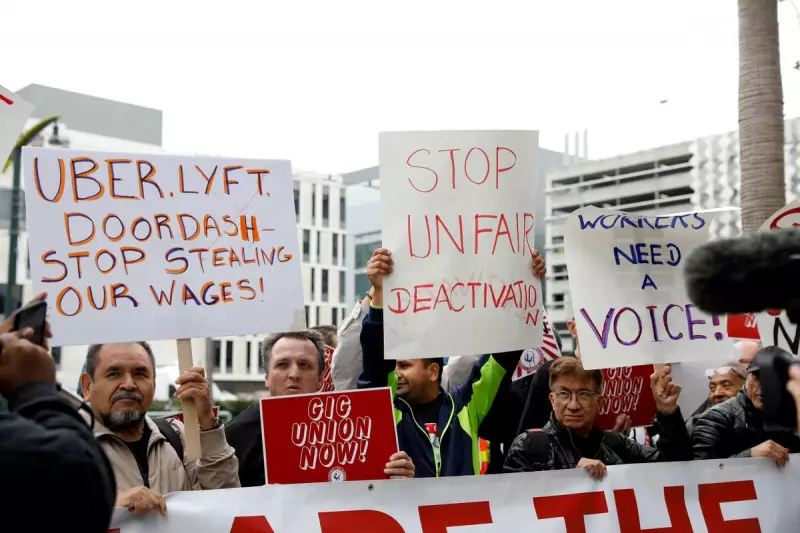
In a landmark decision that could reshape the gig economy nationwide, the state of California has enacted legislation guaranteeing a minimum wage and enhanced benefits for hundreds of thousands of ride-hailing drivers.
The ruling, which directly impacts industry giants Uber and Lyft, marks a significant victory for labour advocates who have long argued that app-based drivers should be classified as employees rather than independent contractors.
A New Deal for Gig Workers
Governor Gavin Newsom signed the legislation into law following its passage through the state legislature in Sacramento. The new rules mandate that companies like Uber and Lyft must provide their drivers with a minimum earnings guarantee, healthcare subsidies, and other employment benefits previously unavailable to them.
This represents a fundamental shift in how California regulates the rapidly growing gig economy, potentially setting a template for other states considering similar measures.
Industry Response and Implications
The legislation follows years of intense lobbying from both tech companies and labour unions. Uber and Lyft had vehemently opposed the move, arguing that it would increase costs for consumers and reduce flexibility for drivers who value their independent status.
Industry analysts suggest the new law could force these companies to fundamentally restructure their business models in California, their largest US market, with potential ripple effects across the global gig economy.
The Road Ahead
While celebrated by worker rights groups, the legislation is expected to face legal challenges from ride-hailing firms. The companies have previously threatened to pursue ballot measures or litigation to overturn what they describe as "ill-conceived" regulations that don't account for the unique nature of platform work.
This development in California is being closely watched by policymakers worldwide as they grapple with how to regulate 21st-century work arrangements while balancing corporate innovation with worker protections.





